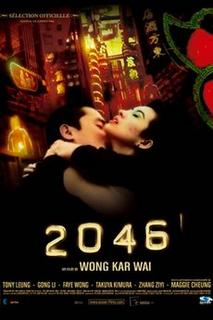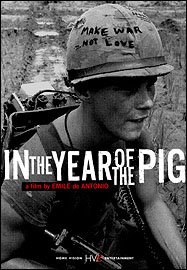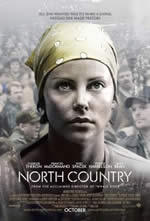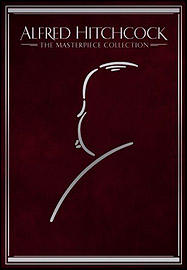
A few belated notes about Wong Kar-Wai's flawed sequel to
In the Mood for Love are forthcoming. Let me amplify this statement with a conditional phrase: from a lesser filmmaker, this would be a landmark accomplishment, but from a renowned perfectionist like Kar-Wai who reportedly edited and re-edited the film until moments before it screened at Cannes last year it's something of a disappointment.
------
That's a damning preface, isn't it? There are some stories where any sequel will fail, and for me, this proved one of them.
In the Mood for Love had an open-ended sadness that was penetrating, poignant and perfect. That Wong Kar-Wai was so arrogant to believe that we'd care about any other relationship is folly; more arrogant was carrying it out. Sure, it's like
In the Mood for Love in terms colors and mis-en-scene, but those inexplicable elements of longing and courage and boundless love are replaced with a wardrobe of deadend lust and confusion.
Yeah, so he didn't repeat or better his
meisterwerk, so what? And he made the films simultaneously so it was perhaps more difficult to get perspective on
2046 while
In the Mood for Love stole his focus. Where
In the Mood for Love was subtle and torturously existential in sentiment and tone,
2046 is rash and absurd. Philip K. Dick didn't write
The Unbearable Lightness of Being and there's a rational explanation for that somewhere I'm sure, separate from the fact that Dick wasn't part of the Velvet Revolution and that Kundera didn't get caught up in sci-fi as a metaphor for passing time. While the kernel of a romantic/erotic idea of collaboration was there, the short story itself was too literal and Kar-Wai was too deeply possessed by the George Lucas moments in the film. It's forgiveable for a filmmaker to do uncharacteristic things - that's part of the film's appeal - but they should have a clearer narrative coherence without simply aping the plotline. Where's the pain and anguish of a man cuckolded, who turns to another woman for love?
If we're tracing the story of a man traveling backwards from 2046, freezing on Jules Verne's railway in a sci-fi
North by Northwest, then shouldn't more effort be dedicated to creating the feeling of time passing on the train, or was it meant to be thought of as an infinite and eternal journey, the closest analogue to that fevered longing Chow feels in
In the Mood? I guess what we're left with is a damaged playboy, still vulnerable after being scorned, still lonely for wanting too much. Chow still wants too much, but the film, like his character, is aimless and the only thing guiding his life, is the passing of time. Thus imprisoned, Chow's so-called vulnerability seems a pathetic and hackneyed ruse used solely to take advantage of lonely people like himself. Unable to share his innermost feelings, he whispers them into holes in trees, covers those holes with mud and drinks to forget himself.
 I just finished reviewing this film for work. My words will ultimately appear on this page, accompanied by a reasonable price for an excellent documentary. I happened upon this conversation with DeAntonio, who is a Scranton, PA native, and it gives greater insight into DeAntonio as a political figure/person of interest and an artist. That article complements very nicely the commentary DeAntonio provides in the film.
I just finished reviewing this film for work. My words will ultimately appear on this page, accompanied by a reasonable price for an excellent documentary. I happened upon this conversation with DeAntonio, who is a Scranton, PA native, and it gives greater insight into DeAntonio as a political figure/person of interest and an artist. That article complements very nicely the commentary DeAntonio provides in the film.


